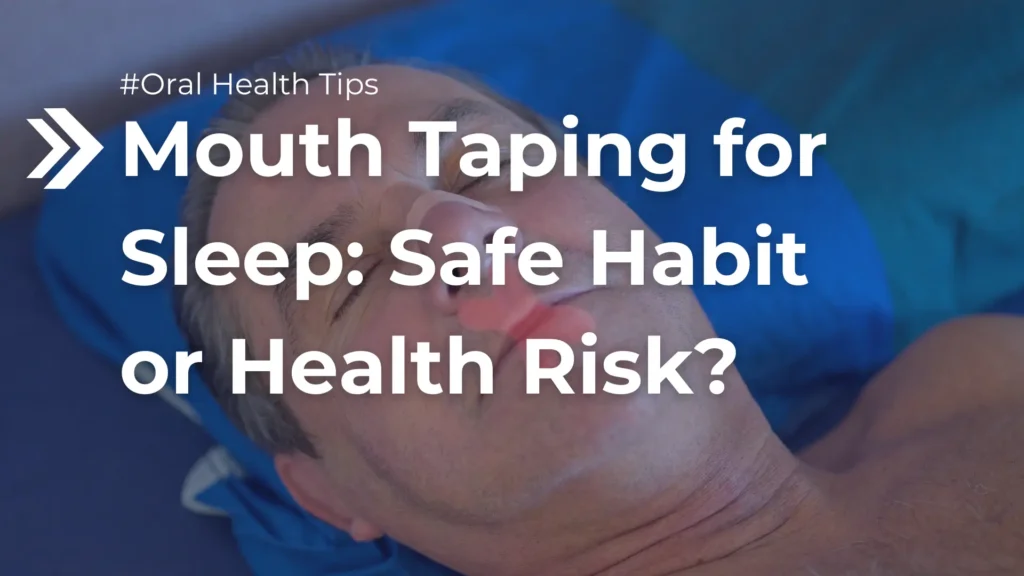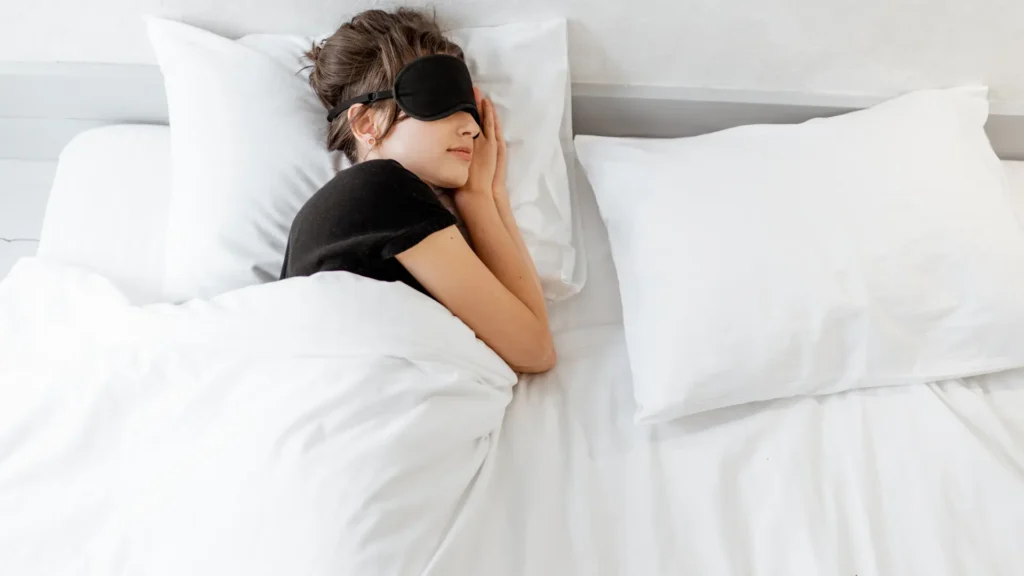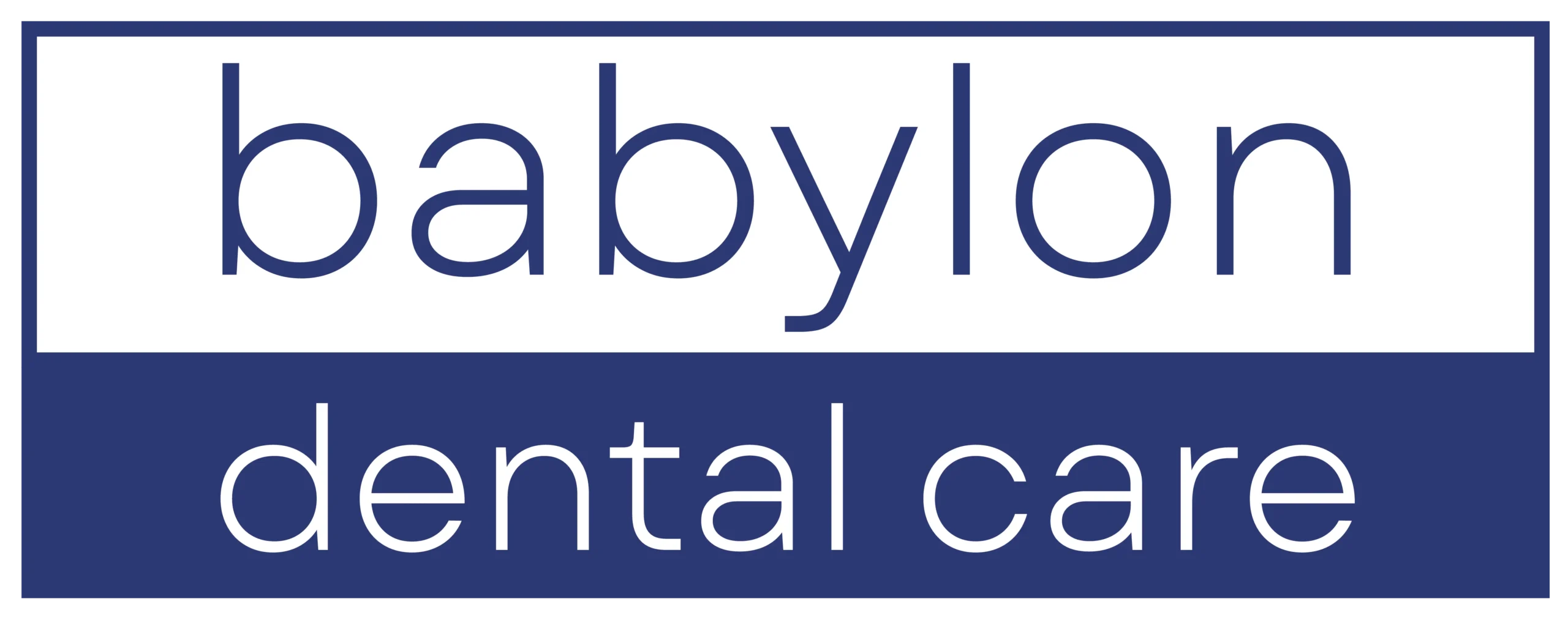
In recent years, people seeking snoring solutions have started turning to a new method: mouth taping. Advocates claim that covering their mouth with specialized tape while sleeping can reduce snoring and improve sleep quality. But is mouth taping safe, or does it eliminate one problem by creating others?
What Is Mouth Taping?
Mouth taping involves placing a small strip of adhesive tape over your lips before bed to encourage nasal breathing. Proponents suggest that using mouth tape for sleep offers several benefits, including:
- Reducing snoring by encouraging nasal breathing over mouth breathing
- Filtering and humidifying air before it reaches your lungs
- Promoting relaxation by stimulating the parasympathetic nervous system
- Improving oxygen levels during sleep
- Potentially improving oral health by preventing dry mouth
The idea is that by keeping your mouth closed with tape, you’ll rely on your nose for breathing throughout the night. Nose breathing has several widely recognized benefits during both waking and sleeping hours, so the logic does follow. However, the science behind mouth taping remains limited, so it’s important to remember that current evidence is mainly anecdotal.
What Kind of Tape Is Used?
Many people who use mouth tape use medical or sports tape designed for skin, but commercial mouth tape products are also available. Many other types of tape may be painful to remove or irritate the skin, so it’s essential to consider the tape you use carefully.
Is Mouth Taping Safe?
Mouth taping is generally considered safe for healthy adults who do not have breathing issues, nasal airway obstructions, or sleep apnea. For some, it can reduce mild snoring or alleviate dry mouth caused by mouth breathing. However, safety depends heavily on individual health conditions and on using the proper technique.
While mouth taping isn’t considered dangerous for many, some people may suffer negative impacts:
- Those with Chronic Nasal Congestion: If allergies, sinus issues, or other conditions cause chronic nasal congestion, mouth taping may make breathing difficult.
- Individuals with Sleep Apnea: Taping the mouth could worsen the symptoms of obstructive sleep apnea. Please speak with a doctor before trying it out.
- Children: Children’s airways are smaller and still developing. Even a mild obstruction can lead to difficulty breathing or panic during sleep. Avoid mouth taping without speaking to a doctor first.
- Elderly Individuals: Aging can weaken respiratory muscles or reduce nasal airflow, making breathing exclusively from the nose more difficult. Many older people also have other chronic conditions, like heart or lung disease, that mouth taping may exacerbate.
The Risks of Mouth Taping for Your Oral Health

While some turn to mouth taping to improve sleep hygiene and oral health, it can pose risks to your teeth and gums if not done carefully. Some of those risks include:
Dry Mouth and Bacteria Growth
Some people use mouth tape to prevent dry mouth. Ironically, the practice can sometimes worsen dry mouth. If your nasal passages are partially blocked, it can reduce airflow and cause shallow breathing, which can then dry your mouth out. Dry mouth increases the risk of tooth decay, gum disease, and bad breath.
Skin Irritation and Infection
Adhesive tape can irritate the delicate skin around the lips, causing redness, soreness, and even minor cuts. If bacteria enter these areas, infection may occur. While you can use specialized tapes designed to prevent skin irritation, some people simply have more sensitive skin than others and may still experience irritation regardless.
Tooth Decay and Enamel Erosion
If mouth taping leads to improper breathing or worsens dry mouth overnight, it can pose a significant risk to your teeth. The lack of saliva can accelerate enamel erosion, making teeth more vulnerable to decay.
Underlying Sleep Breathing Disorders
People with sleep breathing disorders, such as sleep apnea, risk masking symptoms rather than treating the root cause when they use mouth tape. This can delay proper diagnosis and treatment, leading to long-term health complications.
CO2 Retention
If airflow is limited due to congestion or other nasal issues, carbon dioxide may build up in your system. Over time, this can disrupt sleep quality, increase fatigue, and even contribute to cardiovascular strain.
Contact Babylon Dental Care Today
If you’re considering mouth taping or other snoring solutions, Babylon Dental Care can help. Our team can assess your oral health and discuss safe strategies to improve your sleep and overall well-being. Contact us online or call (631) 983-6665 today to schedule your appointment.
Related Posts:
